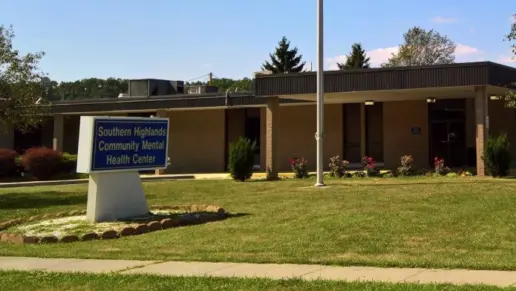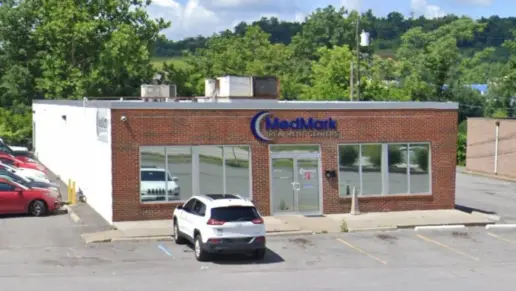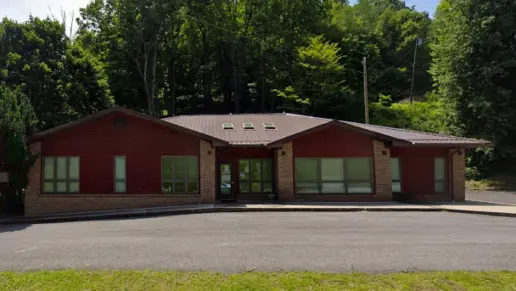The amount of lives that this place has saved is incredible, I really like their work, I love their passion for helping others and how they are always available for each particular case.
About Recovery Point Charleston
Recovery Point Charleston is a drug and alcohol addiction recovery center in Charleston, West Virginia. It's part of the Recovery Point Network, with the Charleston location exclusively serving women in crisis through residential treatment. It's a residential setting with modern amenities.
Recovery Point is a no cost program, with services sustained by donations, fundraisers, and grants. Clients participate in facility operations and build a community to support one another and achieve stability.
Detox is the first stage of treatment for those with severe symptoms. Medical professionals oversee the process, which typically lasts five to seven days, to provide support and comfort during what can be a complicated process. Recovery Point does not use medication during detox unless deemed medically necessary.
Clients in detox will be referred to local hospitals if additional medical care is required. Upon completion of detox, they graduate to the residential program.
Having a stable living situation and support system is vital to recovery. Recovery Point provides both in a private setting. Residents reside on campus 24 hours a day for the length of their treatment, where they receive constant monitoring and have 24 access to their clinical and medical care teams.
Recovery Point’s treatment is built on the 12 steps program. Clients attend daily meetings where they learn about the nature of addiction, learn coping skills, and provide support for one another. Treatment includes 40 written assignments and 20 meetings onsite, and are also required to attend support groups in the local area and perform chores around the facility.
As clients progress through treatment, they earn day passes and acquire more responsibilities, like holding a job. They can also become peer mentors, where they offer guidance to those in the early stages of recovery.
Upon program completion, clients meet with their care team to develop a plan of action for returning to their communities and sober living. Aftercare includes things like goal setting and connecting with community support resources.
Facility Overview
Latest Reviews
Rehab Score
Gallery
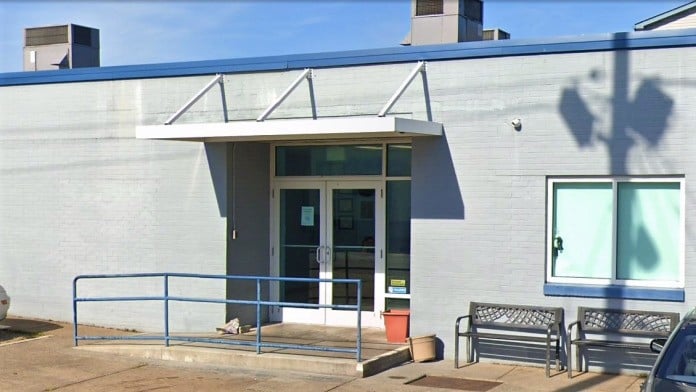
Location
Other Forms of Payment
Addiction Treatments
Levels of Care
Treatments
The goal of treatment for alcoholism is abstinence. Those with poor social support, poor motivation, or psychiatric disorders tend to relapse within a few years of treatment. For these people, success is measured by longer periods of abstinence, reduced use of alcohol, better health, and improved social functioning. Recovery and Maintenance are usually based on 12 step programs and AA meetings.
Drug addiction causes psychological and physical damage through repeated and uncontrollable use of substances. Drug rehab in West Virginia focuses on providing a full continuum of care, from detox to aftercare, and treatment can take place in outpatient or inpatient settings, based on your needs.
Opioid rehabs specialize in supporting those recovering from opioid addiction. They treat those suffering from addiction to illegal opioids like heroin, as well as prescription drugs like oxycodone. These centers typically combine both physical as well as mental and emotional support to help stop addiction. Physical support often includes medical detox and subsequent medical support (including medication), and mental support includes in-depth therapy to address the underlying causes of addiction.
Substance rehabs focus on helping individuals recover from substance abuse, including alcohol and drug addiction (both illegal and prescription drugs). They often include the opportunity to engage in both individual as well as group therapy.
Programs


Clinical Services
Group therapy is any therapeutic work that happens in a group (not one-on-one). There are a number of different group therapy modalities, including support groups, experiential therapy, psycho-education, and more. Group therapy involves treatment as well as processing interaction between group members.
In individual therapy, a patient meets one-on-one with a trained psychologist or counselor. Therapy is a pivotal part of effective substance abuse treatment, as it often covers root causes of addiction, including challenges faced by the patient in their social, family, and work/school life.
Life skills trainings involve all the skills a person must have in order to function successfully in the world. These include time management, career guidance, money management, and effective communication. Truly successful addiction recovery is based on the ability to not only live substance-free, but to thrive. Life skills teaches the practical necessities of functioning in society, which sets clients up for success in life, and therefore sobriety.
Motivational interviewing in West Virginia is often used when the client's desire to change is low, their confidence is low, or they are struggling with mixed feelings about change. This technique allows them to explore the change process and feel empowered to move forward.
Trauma therapy gives you a structured approach to healing from past traumatic events. You can experience the emotional and psychological impact of trauma whether you witness an event or experience it. Your therapist guides you in understanding your responses and helps you develop healthier coping skills.
During family therapy, family members work with therapists to understand addiction as a disease and how it affects the family unit. Using this approach fosters empathy and reduces blame between family members. This creates a nurturing environment that helps support their loved one's sobriety.
During creative arts therapy, your focus is not on learning artistic skills. It's about the experience of creating something and expressing yourself through it. As you engage in the therapy, you'll explore difficult emotions and situations and begin the process of healing.
Amenities
-
Residential Setting
-
Private Rooms
Staff
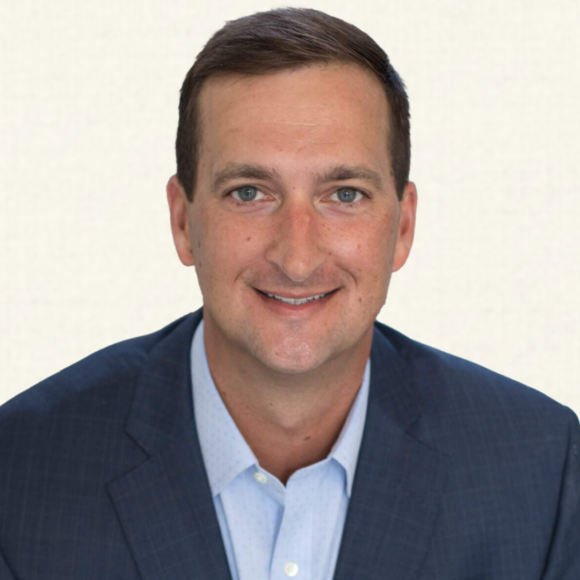
Interim Co-Executive Director
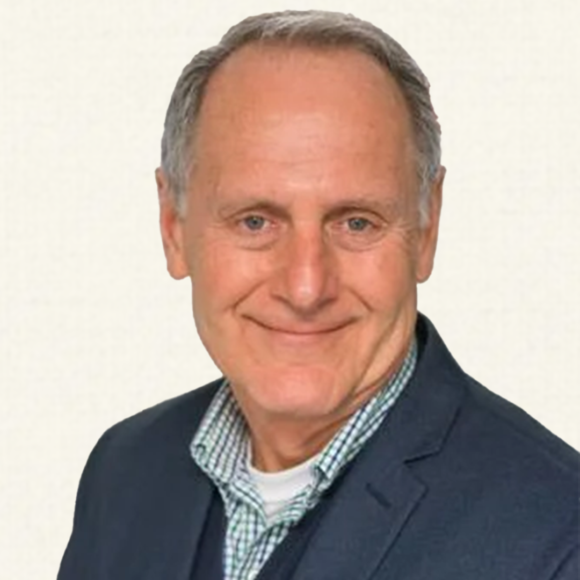
Interim Co-Executive Director
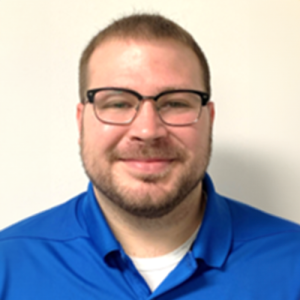
Director of Operations–Behavioral Health

Charleston Program Director
Contact Information
501 Stockton Street
Charleston, WV 25387
